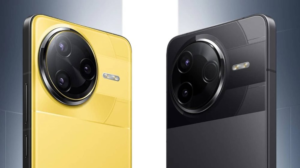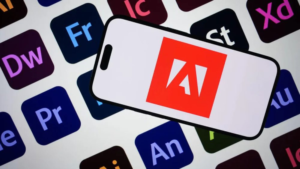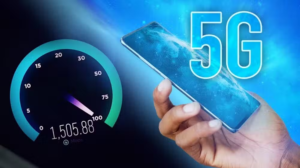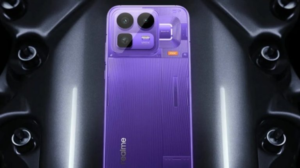Microsoft to Turn Xbox into a Full Windows Gaming Rig
Next-generation Xbox to merge console and PC gaming ecosystems
Microsoft is reportedly working on a groundbreaking evolution for its Xbox platform — transforming its next-generation console into a Windows-powered hybrid gaming machine that bridges the gap between PC and console gaming.
According to early insider reports, the upcoming Xbox will run a full version of Windows, allowing users to enjoy both the classic Xbox dashboard and desktop-level control for advanced gaming and productivity tasks.
A Console/PC Hybrid Experience
The redesigned system will boot with a TV-friendly Xbox interface similar to the current console dashboard, ensuring a seamless experience for traditional console gamers.
However, users who prefer greater freedom will be able to switch to the complete Windows desktop mode — a feature that effectively turns the console into a gaming PC.
This flexibility means players will not be limited to the Microsoft Store or Game Pass titles. Instead, they can also access third-party platforms such as Steam, Epic Games Store, Battle.net, and more.
Even productivity software — including Microsoft Office, Adobe Creative Cloud, and web browsers — will be compatible, making the next Xbox a true all-in-one entertainment and work hub.
A Strategic Shift for Microsoft
This move marks a major strategic pivot for Microsoft, aligning with its vision to unify the Windows and Xbox ecosystems under a single platform.
Analysts say this could redefine console gaming, blurring the boundaries between console simplicity and PC versatility.
The shift also reflects Microsoft’s broader ambition to position Xbox as the center of the modern gaming ecosystem, powered by its cloud, Game Pass, and Windows infrastructure.
“Microsoft wants Xbox to be more than a console — it wants it to be your next computer,” one industry insider explained.
Industry Reactions and Implications
If confirmed, the Windows-based Xbox could revolutionize how players purchase and play games — potentially challenging the console exclusivity model that Sony and Nintendo have relied on.
Developers may also benefit from easier cross-platform development, given the shared Windows architecture across PC and console hardware.
For consumers, the system could offer the best of both worlds — plug-and-play simplicity for living room gaming and open-ended PC functionality for power users.
Microsoft has not yet confirmed a release date, but the next-generation Xbox is expected to launch sometime in late 2026, alongside significant hardware upgrades and AI-powered performance features.













